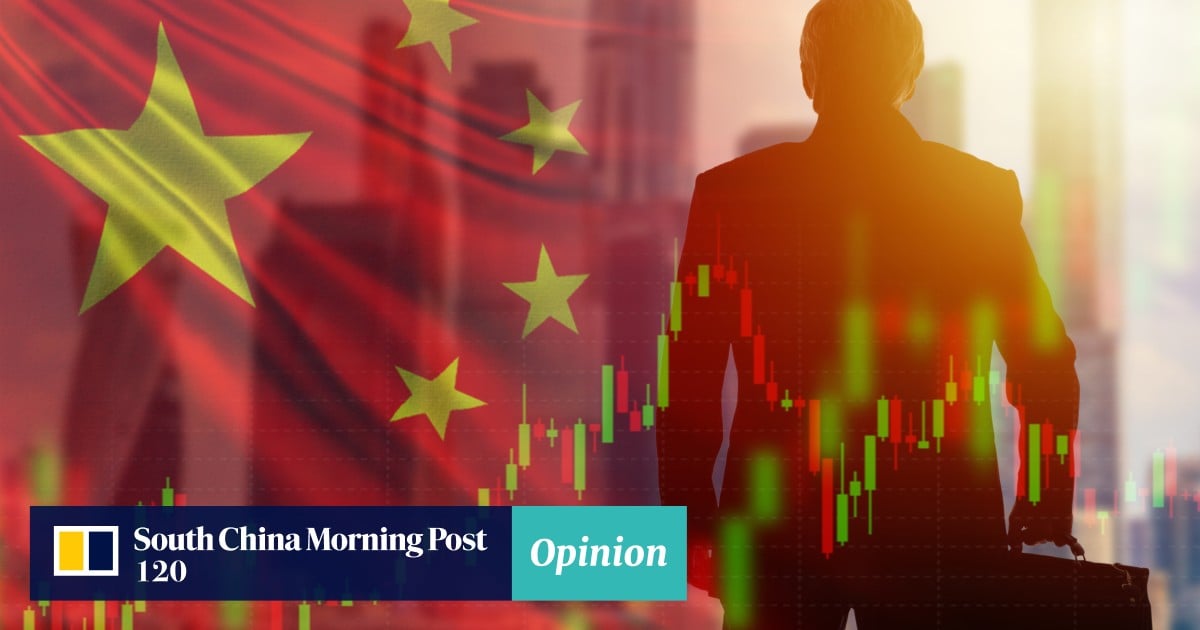Beijing’s push to protect the legitimate interests of entrepreneurs and private business should be hailed as a positive change, compared with the situation a few years ago when irrational voices loudly denounced China’s private sector. In various online discussions, the apolitical term “private entrepreneur” was sometimes interchanged with “capitalist” – a strongly ideological word that implied China’s most enterprising community were part of society’s underclass.
For private businesses, the state’s support in economic development matters a lot on the ground. Policymakers’ new stance should help restore confidence among the private sector, with visible results expected in the next two years.
Reservations over China’s plan for private sector to kick-start economy
Reservations over China’s plan for private sector to kick-start economy
Local authorities later issued a statement that Cheng’s death was being investigated, but no official updates have been provided in the past three weeks. Meanwhile, China’s private economy bureau has not said anything about the matter.
China must abandon ideological discrimination to ensure private sector’s growth
China must abandon ideological discrimination to ensure private sector’s growth
Cheng’s case has received wide attention in China because it showed the risks that private business owners face. In China’s stock market, it is no longer rare for listed companies to announce that their owners or senior executives are under investigation.
Throughout the history of the People’s Republic, private business owners have been considered either as “family members” at best or “class enemies” at worst. Overall, the state’s current support for the private sector is probably as good as it gets because this has become official policy.
Beyond the institutionalised support, it is time for Beijing to provide clear rule-of-law protections to private businesses. That would be more reassuring than creating a new government agency or making more promises.

